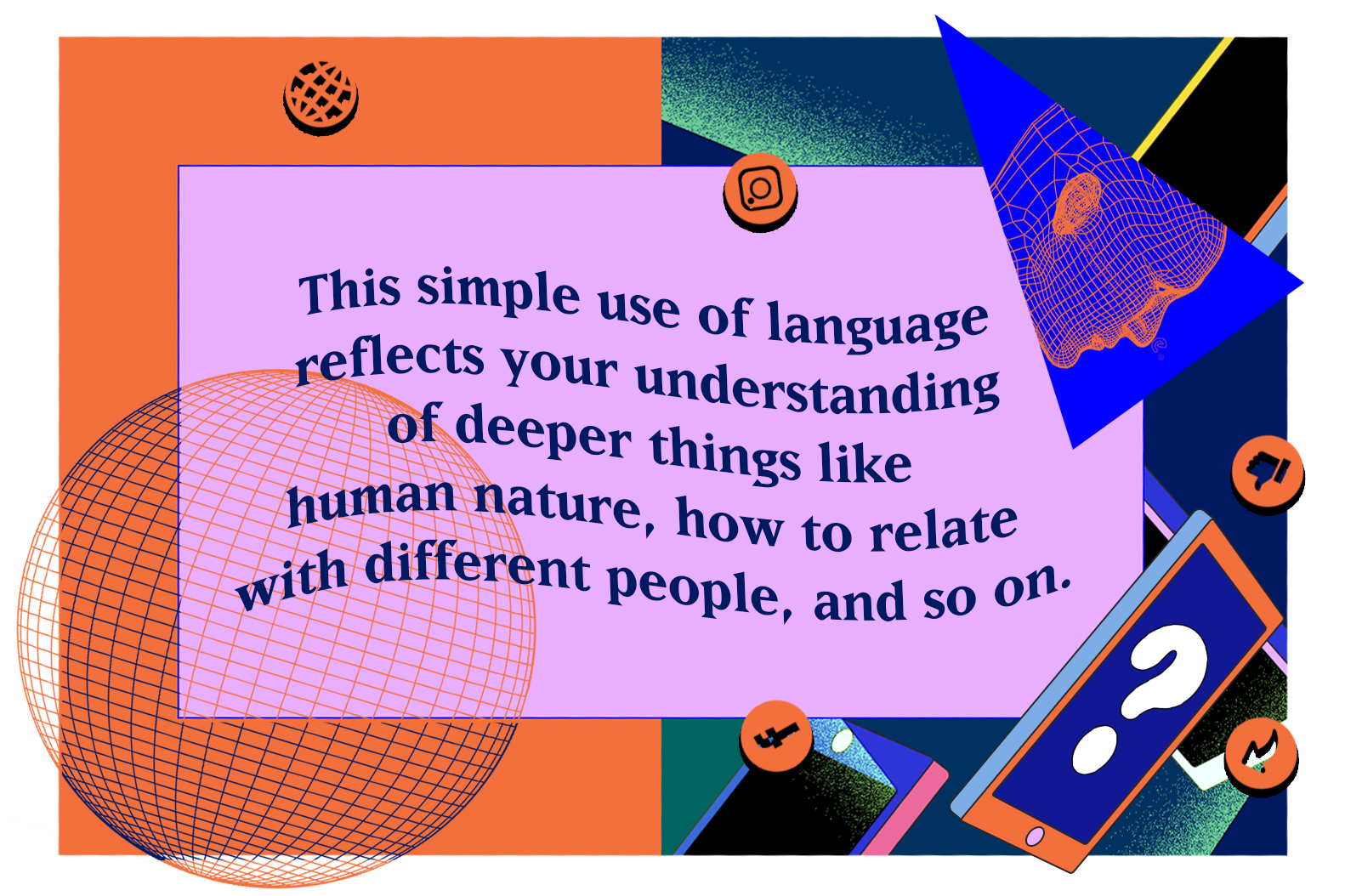The following 5 questions were selected from a wide-ranging discussion during a recent Biblical Worldview Foundations webinar.
After four days of hearing from experts on topics such as culture, truth and worldview, a Q&A session was held to address questions from participants.
The panel comprised members of The Capstone Collective‘s founding team including:
- Jason Wong, founder of The Capstone Collective, Yellow Ribbon Project, Dads for Life, Elijah7000 and One For Jesus
- Jillian Lee, co-founder of Sterling Campus, a faith-based training company
- Darius Lee, lawyer and author
- Carol Loi, international director of Generations of Virtue and Colson Fellow
- Nathanael Tan, art teacher and facilitator of breakout room sessions
These answers have been adapted for brevity and clarity.
Why should Christians care about cultural issues? Shouldn’t we just focus on preaching the gospel?
Jason: I believe we should do both, because to “make disciples of all nations” (Matthew 28:19) isn’t just about evangelism. Discipleship is to teach, so to disciple a nation we have to teach it what is good and right.
In my previous job as a prison officer, if I saw people recruiting youngsters to join gangs or drug traffickers at HDB blocks selling drugs, could I have said: “It’s okay, let them do what they want and we’ll just focus on the church?”
If we’re really concerned about the next generation, then anything that affects them should concern us.
So what I did in the prisons has, in a sense, nothing to do with evangelism, and yet everything to do with what being salt and light is all about.

Jillian: For me, I think Colossians 1:15-20 is key to understanding why we need to care about culture.
In these five verses, Paul takes pains to emphasise that Christ came to save all things. All means all, not all except culture.
We tend to dichotomise life into the sacred and secular — church things on one end and, on the other side, things like school, culture and work.
We then ascribe value to sacred things, while the rest we see as necessary evils. However if we look at Colossians 1 seriously, this is a false dichotomy.
Christ is King over everything in His kingdom, therefore He cares about all things.
So as Christians who are called to partner with Him, we shouldn’t only care about the church, but also about education, communication, arts and the culture which surrounds these things.
It’s not meant to be Christians in the church versus the culture out there. We’re called to bring God’s truth and find ways to do so in the culture God puts us in.

Carol: How we respond to cultural issues also provides people with a glimpse of what Christianity is.
People may not go to church or read the Bible, but from seeing us responding to say, LGBTQ issues, they’re getting a glimpse of our attitudes and beliefs.
If we’re rude in response to people who’re rude to us, they’ll think: “Christians are like that. What for be a Christian?”
So caring about culture and spreading the gospel are not separate things.
Besides quoting from the Bible, are there other ways to share our convictions with non-believers?
Darius: It really depends on which non-believer you are talking about. Not all are so anti-Christian that the moment you say anything Christian, the conversation ends.
There is a type of Christian engagement that can be off-putting though.
It’s when someone comes to you and says “this is right, this is wrong” or “the Bible says this, my pastor says this and therefore it’s wrong”. This ends conversations.
So how can we engage? For example, the transgender issue is really a debate about human nature. Hence rather than quoting the Bible, what might be more useful is to invite others to share.

Carol also advised us to ask questions. So ask what people think about human nature. Do they think our bodies are part of our identity?
During my breakout room session, some attendees even asked about the meaning of love, and this led into a sharing of how there’s a higher form of love, which is expressed through Jesus on the cross.
That can be a useful way to have meaningful conversations, which smoothly lead into discussions about Christianity.
Of course, you need to sense how your friend is responding with the guidance of the Holy Spirit.
Is it important for Christians to address people using preferred pronouns?
Darius: Whether or not you use preferred pronouns carries an entire worldview along with it.
This simple use of language reflects your understanding of deeper things like human nature, how to relate with different people and so on.
My preferred approach is to not mention gender at all. When I was sharing about the MOE transgender incident, I just referred to the student as “the student”.

In this polarised culture, we can start with ground both parties can agree on, then unpack any worldviews in the conversation later.
So I’ll talk without mentioning pronouns before explaining why in my opinion this transgender ideology is not correct.
This is also my approach when it comes to talking with anybody. Start with common ground, build from there, then go into things that need to be explained a little more.
What are some Christian worldviews that may not be fully true?
Darius: There are some within the Church who view singleness in quite negative terms.
Such attitudes are not fully biblical as the Bible teaches that both marriage and singleness are gifts. So people can have different gifts, like how people have different spiritual gifts.
It’s not as if because you’re not married, you’re condemned to live in loneliness forever or you’re not complete.
It sounds Christian as it’s dressed up in Christian language, but it’s not biblical. This worldview might hinder or cause unnecessary discouragement for people who are not married.

Jillian: To add on, another one would be Christian fatalism. This is when people say it’s God’s will, and take that point of view as a reason to not do anything further.
When we pray or seek God for something, an easy way out is telling God: “If you open the door it means it’s your will, but if the door is closed then it’s not your will.”
God does open and close doors, but sometimes it’s a cop-out to think God has closed the door, hence we don’t need to do anything rather than really pray and get on our knees to wrestle with God.
Jesus did that, and some people in the Old Testament did that as well, where you try to intercede with God for something that has been placed on your heart.

Nathanael: What I’m gathering from the responses is this whole idea that we need to know our Bible.
People tend to want a magic formula. Hence they’ll say “you’re not married, so you’re lonely” or “it didn’t happen, so it’s God’s will”.
However, it’s really a confluence of factors. Only through understanding the Bible and having a right relationship with God can we figure out what it really is.

How do we protect our loved ones as we engage with a hostile culture?
Carol: From my own personal experience, one advice would be to avoid putting too much information about our loved ones out there.
I also try to be as transparent with my family as possible, so they’ll know what’s happening at all times.
Do also document whatever was said against you and when it happened, in case there’s a need to report it. If people harass you or your loved ones, there are laws that can protect us.
Jason: As for me, I always surround myself with lawyers like Darius (laughs).
We do still need to be wise and take into consideration our family, especially our children. But while there’s a lot of angst on social media, most of it is noise. Plus, if anyone were to make serious threats, we can always make a police report.
In fact, whenever those who disagree with me try to cancel me, I get more publicity. There was once I organised a webinar and got cancelled three, four days before. A government officer even called to ask if I’d like to postpone it because of what was happening.
As a result, I got another 100 sign-ups three days before the webinar. So even negative publicity is publicity.
One thing’s for sure though: Singapore is still very safe. So if we don’t engage with others now, the time will come when it’ll be much harder to do so.
Interested in learning more?
The Capstone Collective is a community of like-minded believers committed to raising generations of biblical worldview champions in Singapore for Christ. Look out for details of their upcoming event on their Facebook or Instagram pages.
For more stories from the webinar:
- How often do you step out to share what you believe in when it comes to issues happening around us?
- What kind of experiences have you had with sharing your convictions with others? What are some of the biggest obstacles you’ve encountered?
- Are there any tips you’ve learnt from this article that you can put into practice?









